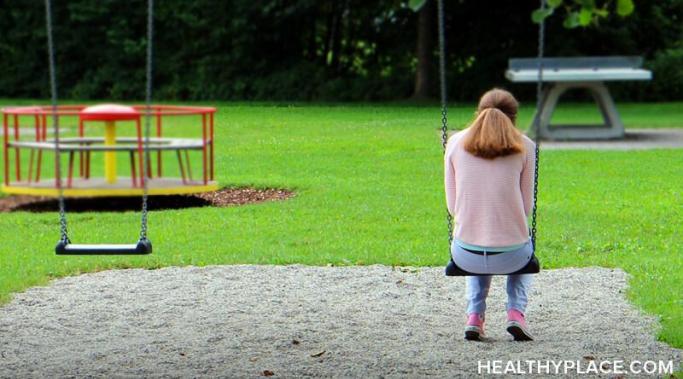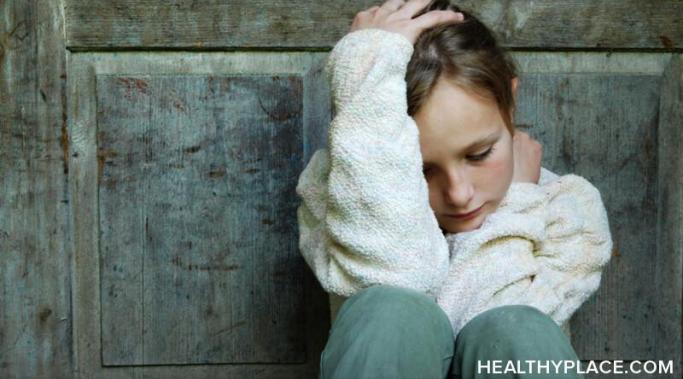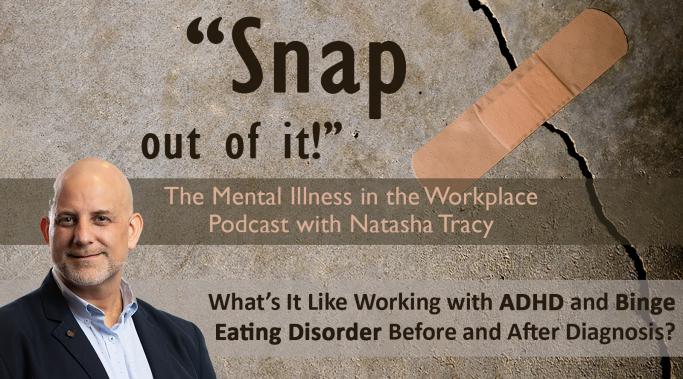Blogs
If you hurt yourself when you fail at something, know you're not alone. Other people, myself included, have struggled with this urge—and have since found better ways to cope.
Terminal uniqueness is a concept I first learned about in eating disorder residential treatment. At the time, my restless, irritable teenage brain had no interest in the phrase. But over the years since, I've come to realize that terminal uniqueness is a common barrier to eating disorder recovery. In fact, it's not a unique or rare phenomenon at all—ironically enough. So what does terminal uniqueness mean, and how can it affect recovery? Let's unpack this further.
This week, "Snap Out of It!" talks to lawyer Julia Stephanides. She schools us on the rights people with mental illness have at work and how you can use those rights to better navigate working with a mental illness.
When some people read about those of us dealing with the effects of schizophrenia, they feel the same way I do about some other chronic illnesses. How can we find joy when we can't trust our minds? How do we function when we have to go through psychosis or stay at a psychiatric hospital or treatment facility? How do we go on when we hear voices or have paranoia or delusions of one form or another? How do we form relationships, go to school, or, if we are fortunate, go to work?
I've been leaning into the practice of mindfulness lately, and the daily practice is helping me learn to accept my life situation at this moment as it is. Mindfulness helps me stay focused on what matters to me instead of slipping into eating disorder behavior when I am feeling sad, afraid, or angry. Mindfulness is helping me through binge eating disorder recovery.
I've been flitting in and out of a bipolar mixed mood for a while now, which leaves me trying to find the cause of my bipolar mixed mood. This is no mean feat. So many things can impact a bipolar mood state that narrowing it down to a single mixed mood cause is pretty tricky.
One concept that’s helped me a lot in recovery from mental illness is this: recovery is not linear. It seems simple, but understanding this helps me be aware that the recovery process may have peaks and valleys. It also helps me be aware of the changes that bring on peaks and valleys, like big life changes.
Death is coming for us all. I don't mean that to be threatening; I mean it to be relieving. Encouraging. Enlightening.
This week, "Snap Out of It!" talks about attention-deficit/hyperactivity disorder (ADHD) and binge eating disorder (BED) at work with Jason Hamburg. Jason is the Vice President of Neuroscience at Takeda Canada Inc. Jason wasn’t diagnosed with a mental illness until he was 44 years old, and he can attest to the fact that while he dealt with his mental illnesses in his own ways, those illnesses definitely held him back. Jason characterizes these illnesses as impulsive and compulsive, and the difference in experience before and after treatment was striking.
Being the victim of verbal abuse can bring with it many dynamics. My overwhelming sense of responsibility is one contributing side effect of suffering verbal abuse through the years. This emotion includes feeling accountable for the abuse I endured, thinking that I have to be responsible to make everything better, and I am unable to trust that other people will do the right thing, so I must handle everything myself. Unfortunately, the continuous feeling of responsibility eventually leads to survivor burnout and an overwhelming sense of inadequacy.









